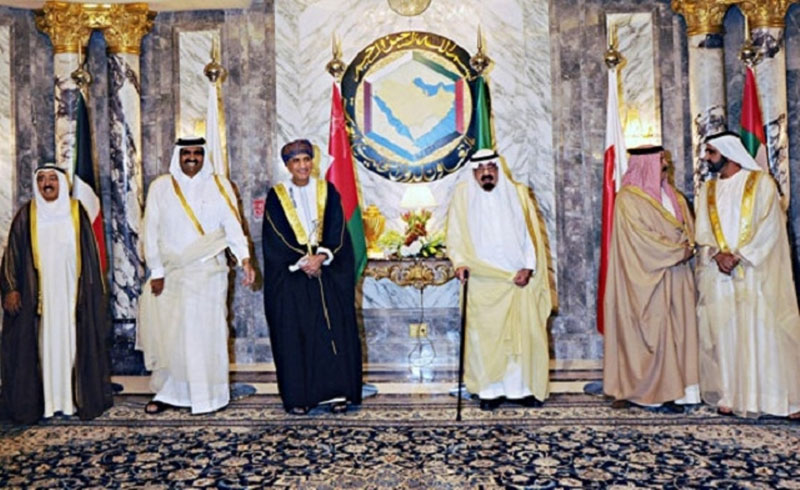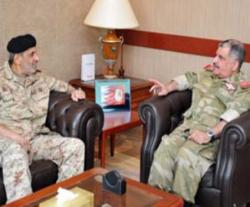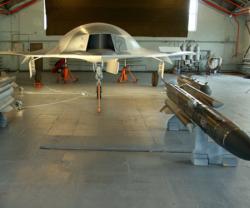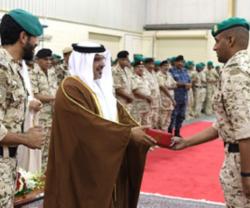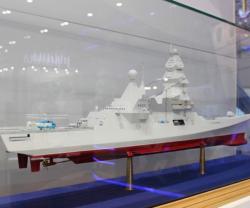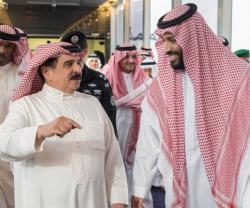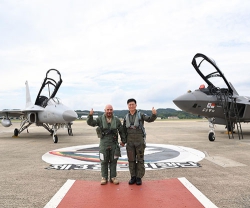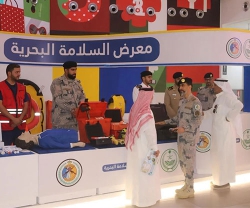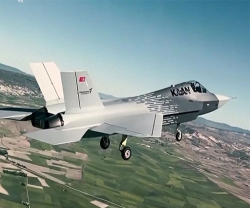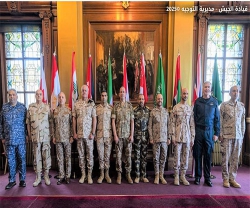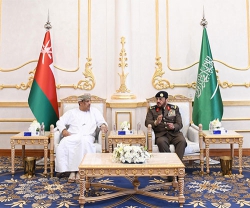The Gulf Monarchies on Thursday rejected as a provocation an Iranian proposal to include the Syria crisis and the situation in Bahrain on the agenda of upcoming talks on Tehran’s nuclear program.
The Head of the Gulf Cooperation Council (GCC), Abdellatif Zayani, announced the “total rejection” of the Iranian proposition, calling it “a provocation” and “interference in the internal affairs of Arab states.”
He was reacting to comments by Iran’s Deputy Minister for Asian affairs, Abbas Araghchi, who was cited by the Mehr news agency on Tuesday as saying Tehran had “proposed that the crises in Syria and Bahrain be the subject of talks with the Western powers in Kazakhstan.”
It was a way of “mixing up the cards,” which reflected “Iran’s procrastination and lack of seriousness in reaching a settlement that puts an end to regional and international concerns over its nuclear program,” Zayani said in a statement.
Iran’s Charge d’Affaires was summoned on Thursday by Bahrain’s Foreign Ministry, where he was handed a note of protest, the official BNA news agency reported.
The Iranian proposal was “an interference in Bahrain’s internal affairs and a violation of sovereignty,” which “stirs regional tensions and instability,” the agency added.
Saudi Arabia's Prince Saud added: “We are seeking neither conciliation nor a settlement between Iran and any entity that wants to negotiate with it. Instead, we are seeking a solution to evade any increase in nuclear weapons in the Middle East. We would like to see a nuclear-free Middle East, as this is the policy we are pursuing.”
Relations between Iran and the GCC have plunged to a new low, with Tehran suspected of supporting Shiite opposition protests in Bahrain against the Sunni Monarchy.
The Islamic Republic is also a staunch ally of Syria’s President Bashar al-Assad, while the Gulf Monarchies are key backers of the rebels in the conflict that has raged for almost two years and cost tens of thousands of lives.
The comments by the Gulf States come less than two weeks before Iran and the so-called P5+1 - Britain, China, France, Russia, the United States and Germany - are due to resume discussions in Kazakhstan, eight months after they were suspended.
The talks aim to address a key Western concern about Iran’s capacity to enrich uranium to fissile purities of 20%, a process that can be used for peaceful atomic purposes as well as for making the core of a nuclear bomb.
Saudi Foreign Minister Prince Saud Al-Faisal Tuesday criticized Iran’s lack of cooperation with the international community and called on Iran to be more forthcoming about its nuclear program to remove any doubts that surround its peaceful use.
Iran recently sought to garner tens of thousands of specialized magnets that are commonly used in centrifuge machines, sparking concerns that the country is planning a major expansion of its nuclear program.
Purchase orders, copies of which were obtained by the Washington-based Institute for Science and International Security (ISIS) and shown to The Washington Post, show an attempt, by the Iranians, to buy 100,000 ring-shaped magnets.
The magnets are currently banned from export to Iran under a U.N. resolution. However the order was requested from China about one year ago. It is not clear whether the attempt was successful.
Source: Al Arabiya; AFP – Photo: Reuters

